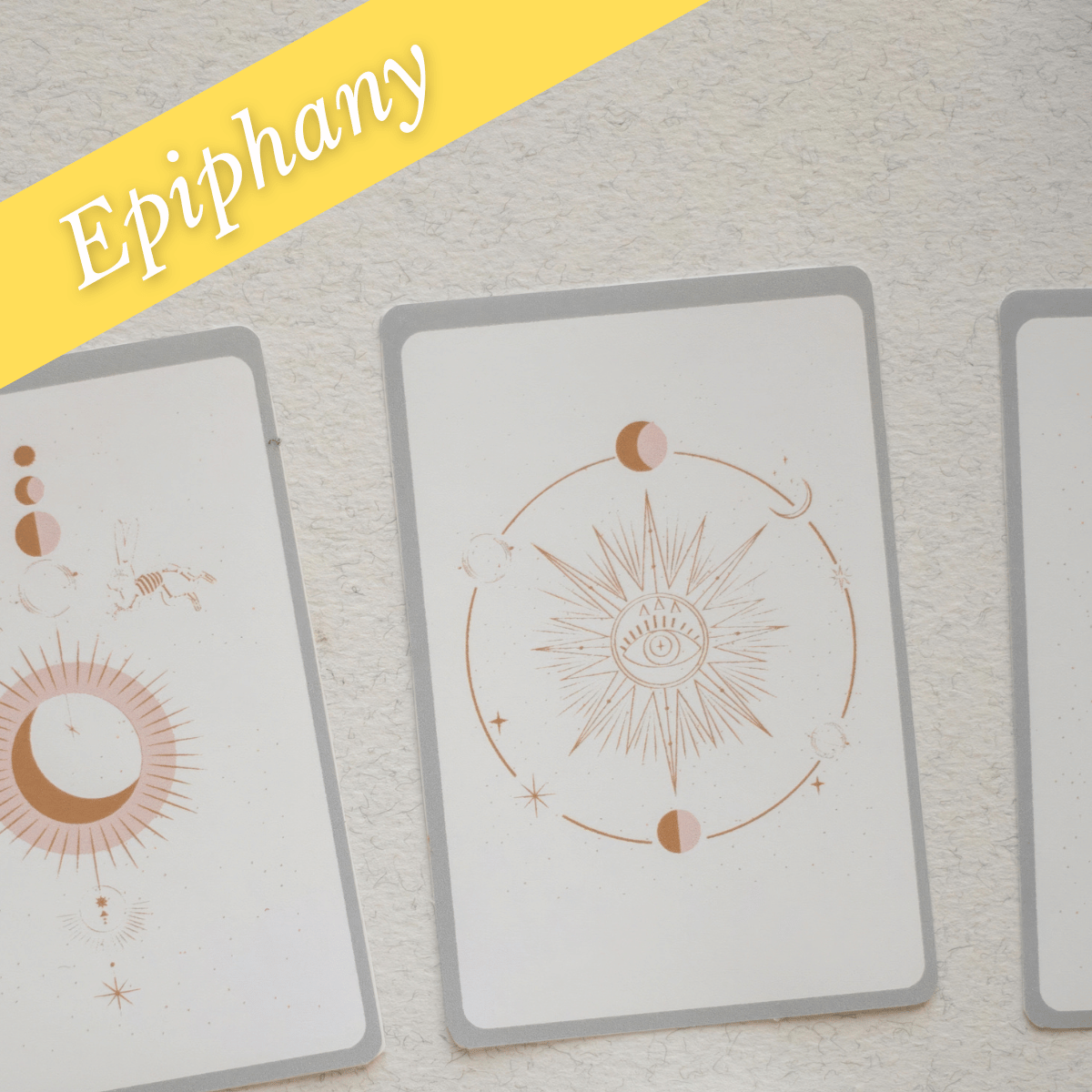Advent Admission
Written by Emma McCoy
4 minute read
As a teacher and student of English, I know quite a few vocabulary words. Especially grammatical words that describe the nature of how English speakers communicate with each other.
An Alliteration is when two or more words next to each other start with the same letter. The wind wavering when it’s Wednesday.
A hyperbole is a large, impossible exaggeration.
A metaphor is when something is like another thing.
And an oxymoron is a fun word for when something seems to inherently contradict itself. Jumbo shrimp. Easy problem. False truth. Friendly fight.
Or, a helpless baby displaying the power of God.
It’s never quite made full sense to me—it’s an oxymoron. Helplessness and power side-by-side? How does one fuel the other? I can understand power. My professors could fail me, the Dean of my college could expel me or give me a scholarship, my friends could build me up or break my heart, my landlord could evict me, and the police have the power to detain me. I can understand helplessness. I’ve felt like I couldn’t do anything at all in the face of addiction, broken relationships, anger, grief, and loss. There have been times when my own patterns of behavior leave me feeling particularly helpless to do anything different.
But power and helplessness together in the same moment? How could that possibly work?
How can a baby—a being so vulnerable—have anything to do with displaying God’s power? Spoiler alert: it has a lot to do with God’s ability to come into fragile and broken spaces and restore.
Now, whether the problem is drugs, alcohol, or compulsive behaviors…
The first step in recovery is admitting that we are powerless over it, and our lives have become unmanageable.
Artist: John Park
It sounds easy enough, but anyone who’s walked this road before will be quick to say that it’s not step one for a reason; admitting that we’re helpless and we have a problem we can’t fix on our own is hard. No one wants to admit that they’re powerless to fix something. It’s hard enough to admit there’s a problem at all, much less confessing that whatever has been tried isn’t working.
When I first started showing symptomatic behaviors of my eating disorder, my parents helped me go into counseling and watched over me to make sure I was at least eating, even if it wasn’t enough daily calories for a few months. But even as the “worst” of it passed, because I didn’t admit to myself that it was an eating disorder—because in my mind it wasn’t a serious problem, so I couldn’t confront my own helplessness in the face of the cycles of restriction that would come up again and again over the next two years. But when I finally took step one, “I admit I am powerless over my disordered eating and my behaviors are negatively affecting my life,” I could then stop trying to live on my own strength and turn to my community and God.
Because oh, Lord, how I ache.
In this way, the helplessness and vulnerability of baby Jesus is a way for God to display his power. When I turned to God and admitted that I’m powerless and need help, it gave Him room to come into my life and fill me with his power, strength, and encouragement. I’m certainly not “fixed” or perfect now, but this past week when I was going through a hard few days, I wasn’t sure if I had the strength to make dinner. I prayed wordlessly, a lament that sounded a lot like, “I’m so tired of this. I need help.” And when a friend texted me an hour later, I invited her over, and we cooked together. I didn’t need to explain why, but I know that having someone to eat with got me through that night with something like joy.
That is God’s power, coming into a vulnerable space and building something with strength.
Jesus being born as an infant in this world is God saying, “Look at this: here is my Son, a helpless baby, and yet through him and Me, I will save all people.” Jesus’ helplessness and God’s power on display might seem like an oxymoron at first—an inherent contradiction—but it’s a beautiful embodiment of how there is nothing God can’t do. An adult Jesus coming to earth on a war horse sends a very different message than a snuffling and yawning baby in bloody rags. That baby would go on to grow up and go through everything a human experiences—joy, grief, loss, hunger, cold, fear, exhaustion, and contentment. And in that weakness there is God’s power to do everything; for nothing is impossible in Him.
This Sunday, join us for our Common Table Gathering as we continue into this beautiful Advent story, admitting our helplessness before God, and marveling at the beauty of a seeming contradiction: a baby, born of God, the living embodiment of power.











4-minute read